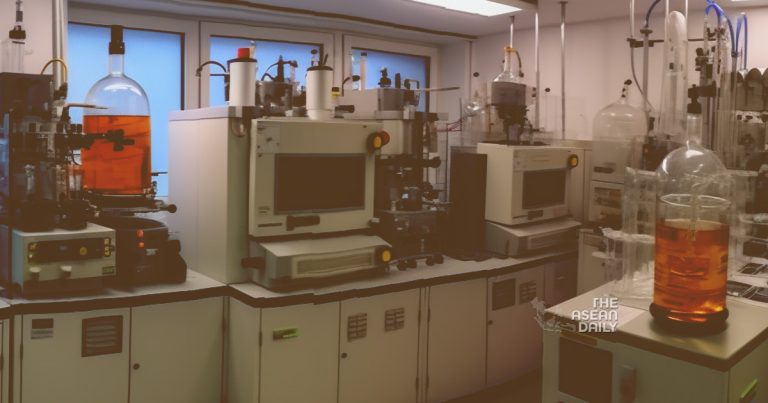26-6-2023 (JAKARTA) Indonesia, the world’s largest palm oil producer, has announced plans to increase its mandatory palm oil-based biodiesel blending to 40 percent in the coming years. However, the current blending rate will remain unchanged at 35 percent, according to the country’s Energy Minister, Arifin Tasrif.
The decision to raise the blending rate from 30 percent to 35 percent was made in February, but its full implementation has faced challenges in certain areas. “Right now, we are sticking with B35, and we are preparing for B40. Once we feel ready, we will launch it,” stated Minister Arifin Tasrif in an interview with Reuters at the Energy Asia conference.
Indonesia’s objective is to maximize the utilization of domestic resources and reduce dependency on crude oil. Extensive research and road tests have been conducted for B40, laying the groundwork for its future implementation.
Eddy Abdurrachman, CEO of Indonesia’s CPO (Crude Palm Oil) Fund Agency responsible for providing biodiesel subsidies, explained that the B35 mandate has not been fully implemented due to issues with certain blending facilities that require upgrades. The Ministry is now striving for full implementation of the B35 mandate by August 1.
According to Edi Wibowo, an official from the Ministry of Energy, biodiesel consumption as of June 25 has reached 5.2 million kiloliters out of the allocated 13.15 million kiloliters for this year.
Experts and analysts in the industry predict that Indonesia’s biodiesel policy, combined with the potential emergence of the El Nino weather pattern, could further strain global inventories of the widely used cooking oil. As a result, palm oil prices are expected to rise throughout the year.




